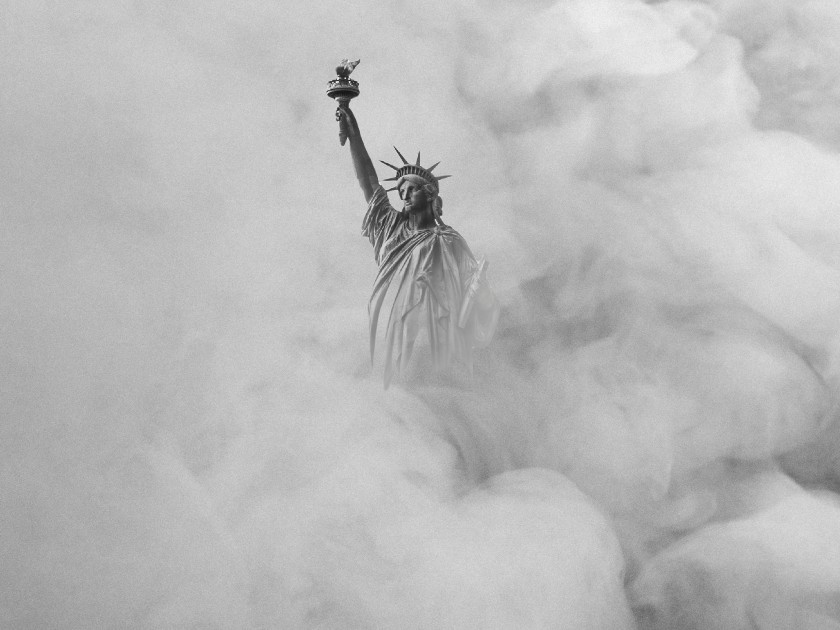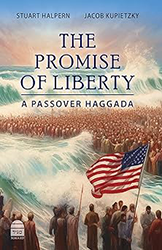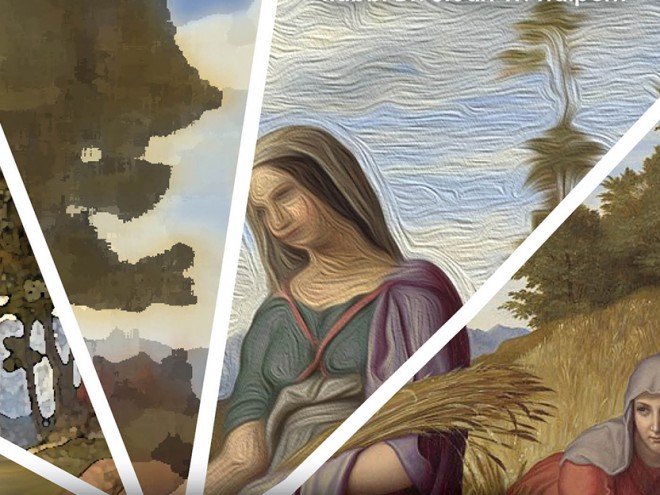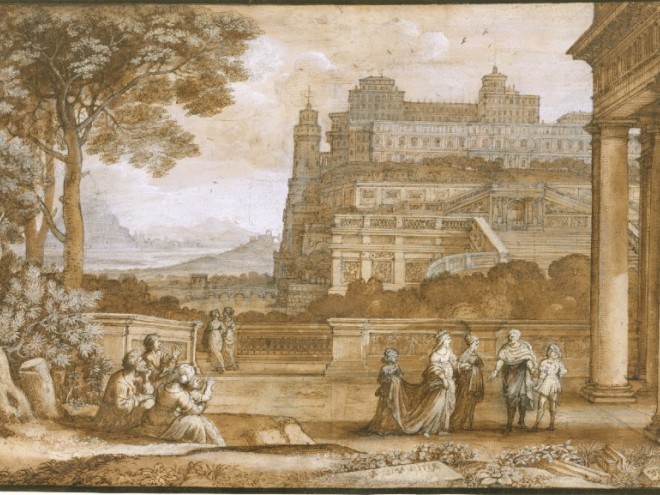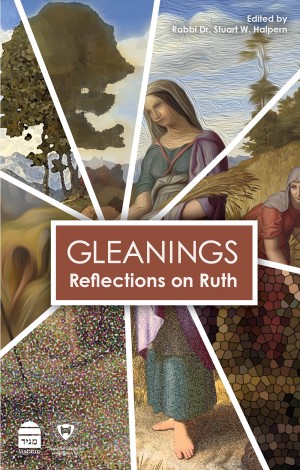In Philadelphia, on New Year’s Day, 1808, Absalom Jones knew freedom had not yet been fully achieved. But there was still much to be grateful for.
Born into slavery in 1746, Jones was freed on the cusp of middle age, at age thirty-eight. Pursuing a career as a priest, he was the first African American ordained by the Episcopal Church in 1802.
Addressing his congregation on the day in which Congress’s law prohibiting the importation of slaves, passed the year prior, finally took effect, Jones recalled another moment in which the promise of liberty began to shine forth. “The history of the world shows us,” he thundered, “that the deliverance of the children of Israel from their bondage, is not the only instance, in which it has pleased God to appear in behalf of oppressed and distressed nations, as the deliverer of the innocent, and of those who call upon his name.” Like in ancient times, “He has seen the anguish which has taken place, when parents have been torn from their children, and children from their parents, and conveyed, with their hands and feet bound in fetters.” Jones himself had lived through such horrors. Earlier in his life, his master had sold his mother and siblings, but kept him.
But now was a time, Jones reassured his listeners in this “Thanksgiving Sermon,” to recognize that divine salvation was at hand. Once again, God has “heard the prayers that have ascended from the hearts of his people; and he has, as in the case of his ancient and chosen people the Jews, come down to deliver our suffering countrymen from the hands of their oppressors.” Now was an occasion, he concluded, to “give thanks unto the Lord: let us call upon his name, and make known his deeds among the people. Let us sing psalms unto him and talk of all his wondrous works.”
Every year, at the Passover seder, the Jewish story of liberation from Egypt – a tale which inspired Absalom Jones and countless others – is retold. Children, parents, and grandparents sit together. Psalms of thanksgiving are sung to God, in gratitude for His liberation of the oppressed millennia ago and in the hope of the ultimate future deliverance. We read of tyrants defeated, discuss the replacement of enslavement by revelation, and we set our sights on the Promised Land.
Washington himself reflected the impact of not only Jewish ideas, but of Jews themselves on the American project.
In The Promise of Liberty: A Passover Haggada you will find, alongside the traditional Haggadah text, how American abolitionists and artists, Pilgrims and presidents, rabbis and revolutionaries, jazz musicians and generals found inspiration in the Exodus story. From Sojourner Truth to the struggle to free Soviet Jewry, Harriet Tubman to Harry Truman, Mark Twain to Martin Luther King Jr., the Jewish story of redemption has inspired Americans of all backgrounds, from the country’s inception to today.
In his journal entry dated December 17, 1773, the day after the Boston Tea Party, John Adams wrote in his diary that if the colonists were to resign themselves to taxation without representation, they would be “subjecting ourselves and our Posterity forever to Egyptian Taskmasters.” Even the British press lamented King George III’s mistreatment of his subjects across the pond, with one paper warning that if England did not make peace with the colonists, she would face the wrath of the “God of Battles” who “overthrew Pharaoh and his host in the Red Sea.”
Amidst the harshness of the Revolutionary War, the physician and educator Benjamin Rush wrote to his friend the attorney Patrick Henry in 1778 lamenting that while they had successfully passed through the Red Sea, “A dreary wilderness is still before us, and unless a Moses or a Joshua are raised up in our behalf, we perish before we reach the promised land.”
Of course, America found its Moses and Joshua in the form of General George Washington.
Washington himself reflected the impact of not only Jewish ideas, but of Jews themselves on the American project. As President, he wrote to the Hebrew Congregation in Savannah, Georgia, with the invocation “May the same wonder-working Deity, who long since delivering the Hebrews from their Egyptian Oppressors planted them in the promised land — whose providential agency has lately been conspicuous in establishing these United States as an independent nation — still continue to water them with the dews of Heaven and to make the inhabitants of every denomination participate in the temporal and spiritual blessings of that people…”
Through the subsequent development of America, the Passover story has always been present. The abolitionist poet Elizabeth Margaret Chandler wondered, “Are slavery and oppression aught more just/Than in the days of Moses?” One of Martin Luther King Jr.’s final wishes was to “take a mental flight by Egypt” and watch a fractious group of slaves transform into a unified nation. George Bush spoke of “the truths of Sinai” that sustain our national life. To Barack Obama, the “story of perseverance amidst persecution, and faith in God and the Torah” has inspired generations of people forced to “weather poverty and persecution, while holding on to the hope that a better day was on the horizon.”
The Promise of Liberty presents the Passover seder’s themes, images, ideas, and ideals as the wellspring of the American founding and first 250 years, and a source of wisdom for envisioning its brighter future.
As The New York Times’ David Brooks has written, the story can continue to serve as an organizing national tale, particularly amidst our currently fractious times. “It welcomes in each new group and gives it a template for how it fits into the common move from oppression to dignity. The book of Exodus is full of social justice — care for the vulnerable, the equality of all souls. It emphasizes that the moral and material journeys are intertwined and that for a nation to succeed materially, there has to be an invisible moral constitution and a fervent effort toward character education. It suggests that history is in the shape of an upward spiral.”
The Promise of Liberty seeks to inspire Jewish Americans, and all who might find themselves at a Passover seder, by demonstrating how the ancient Israelites’ songs of thanksgiving sung upon their exodus from Egypt have long provided America with its own moral lyrics of liberty.
This excerpt originally appeared in Jewish Journal.
Dr. Stu Halpern is Senior Advisor to the Provost of Yeshiva University. He has edited or coedited 17 books, including Torah and Western Thought: Intellectual Portraits of Orthodoxy and Modernity and Books of the People: Revisiting Classic Works of Jewish Thought, and has lectured in synagogues, Hillels and adult Jewish educational settings across the U.S.
